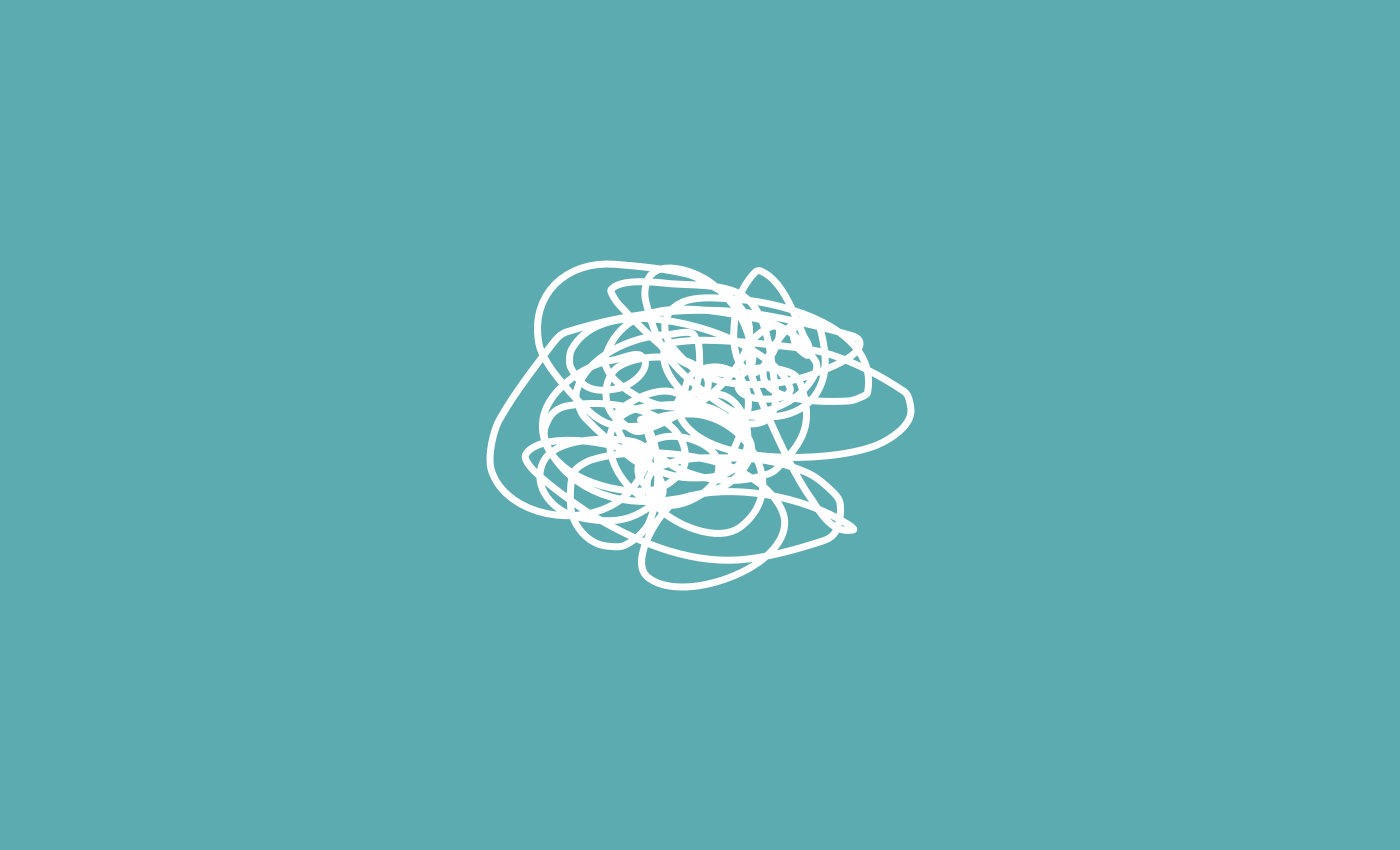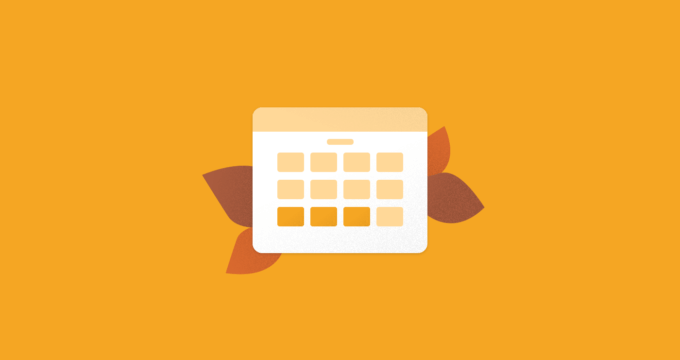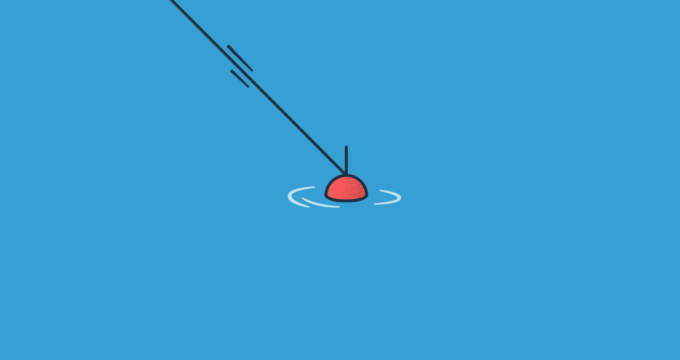How to focus with ADHD – 20 easy and actionable tips
Productivity
There are many reasons on why you can’t focus and if you’re having ADHD things are oftentimes more difficult.
Therefore, we make it short and to the point.
Here is a list with 20 easy and actionable tips on how to focus with ADHD:
1. Create a routine
Establish a daily schedule with consistent sleep, meals, and work/study times to help your brain anticipate tasks.
2. Use a timer
Set a timer for short intervals (e.g., 25 minutes) to work on a task, followed by a 5-minute break. You can use our free online timer.
3. Breaks tasks down
Divide a task into small, actionable steps to prevent feeling overwhelmed and to make progress more achievable.
4. Prioritize tasks
List tasks in order of importance and tackle high-priority items first when your focus is at its peak. Use the Eisenhower decision matrix for this.
5. Designate a workspace
Create a clutter-free and organized workspace with minimal distractions to help channel your attention. Your mind will learn to associate this space with focus.
6. Stay hydrated and nourished
Drink water and eat balanced meals to provide your brain with the energy it needs to focus.
7. Take frequent breaks
Take frequent breaks throughout your day to rest and refresh your mind. Here are tips on how to take work/study breaks.
8. Mindfulness and meditation
Practice mindfulness exercises or meditation to train your mind to stay present and reduce mental chatter.
9. Use visual aids
Use color-coding, sticky notes, and visual reminders to keep track of tasks, appointments, and deadlines.
10. Do not multitask
Focus on one task at a time to avoid overwhelming your brain with too many stimuli. This is called single-tasking.
11. Eliminate digital distractions
Turn off notifications on your devices and consider using website blockers or apps such as Noisli that promote focus.
12. Set clear goals
Define a specific goal for each session and reward yourself upon completion to stay motivated. E.g. read 5 pages, write down 3 ideas,
13. Stay positive
Practice positive self-talk and remind yourself of your strengths, progress, and achievements.
14. Incorporate sensory tools
Utilize fidget toys, stress balls, or textured objects to provide sensory stimulation while focusing.
15. Use background noise
Listen to ambient noise such as rain or white noise sounds as they can mask other distracting noises from your environment. Use a free online tool such as Noisli.
16. Practice deep breathing
Take deep, slow breaths to calm your mind and center your focus when distractions arise. Use the box breathing technique.
17. Have a distraction list
Have a distraction list next to you while you work/study. Whenever you get distracted by a thought, write it down. Getting the thought out of your mind and on paper will help you to stop worrying and allow you to re-focus.
18. Exercise regularly
Engage in regular physical activity to release excess energy and improve overall cognitive function.
19. Stay organized
Keep a to-do list, use digital tools like task management apps, and declutter your physical space to reduce mental clutter.
20. Get enough sleep
Prioritize getting enough sleep each night to ensure your brain is well-rested and better able to focus during the day. Here are tips for a good night’s sleep.



